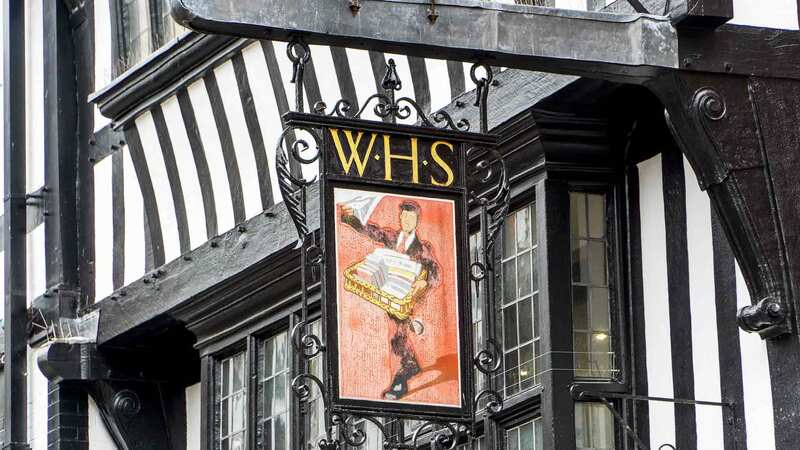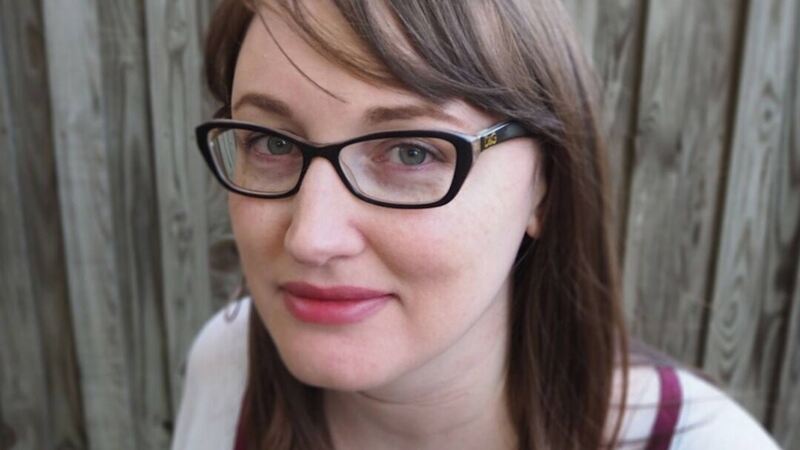You are viewing your 1 free article this month. Login to read more articles.
Ingram sees 'huge swing' to print on demand during coronavirus
The coronavirus pandemic has seen a “huge swing” towards print on demand (p.o.d.), Ingram's senior vice-president David Taylor has said. He also warned that physical booksellers could have difficulty clawing back trade from online retailers after lockdown.
Speaking on an IPG Spring Conference panel with Boldwood Books founder Amanda Ridout, Booksellers Association m.d. Meryl Halls and Paperback Shop sales director Caroline Summers, Taylor said some publishers had even used p.o.d. as a backup for frontlist titles during the crisis. He suggested the technique could help make the supply chain less fragile in the future.
Taylor said: “Publishers are putting titles into print on demand who previously may have been reluctant to do so. Fulfilling a virtual inventory and manufacturing it is a less fragile supply chain than printing a book cheaply and shifting it round the world and putting it in a warehouse.”
Taylor said publishers in the past six to eight weeks had put some frontlist titles into p.o.d.because the inventory they had pre-printed was “sitting in a warehouse and they can't get the bloody things”. It also helped businesses “shake cash” out of their operations by not printing large amounts of inventory while still be able to supply books in a timely fashion.
He said a major piece of advice Ingram was giving publishers around the world was to try and stop printing books on the cheap and instead put them into a virtual supply chain - something the Covid-19 crisis had accelerated.
Summers said her firm, a virtual wholesaler, had seen its busiest three months ever with more publishers joining as some of their other channels dried up, but stressed there was still a space for online alongside bricks and mortar.
Speaking about how booksellers have fared in other global markets since their lockdowns ended, Taylor said the growth of online shopping was “here to stay” and had sped up over the past few months.
He said: “Having said that, what we've seen in some of the European markets such as Germany and France and Italy, is where they've unlocked the markets a little bit, we've seen a decline in online and a resurgence in offline. But the balance has shifted. Pre-Covid the online was 'X', and post-Covid it's 'X plus'.”
“I think the bricks and mortar stores are going to have a challenge to maintain the market share that they had,” he added.
However, he said there were many tools booksellers could use now, including the ability to tap into consumer direct fulfilment services and social media marketing tools.
Halls agreed: “There's no question that hybridisation of bookselling is here to stay and I think for the independents particularly, but also the chains have got better at doing it. They know how to do it now, they know how to blend it with their high street offering.”
But she added: “I do think there will be a tremendous hunger for gathering and for community and for togetherness.”
Talking about the experience of New Zealand booksellers, she said there would a “pendulum swing” with people wanting the authenticity of bookshops despite the move towards online.
“The government is going to have to step up to make sure the high street is able to survive,” she warned.


















